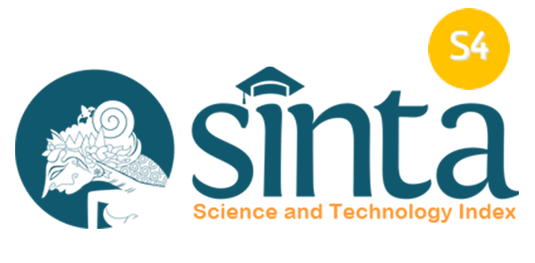Most read articles by the same author(s)
- Taufik Abdillah, Christian Novia N. Handayani, Dirga Daniel, SPATIAL ANALYSIS IDENTIFICATION OF IDEAL AREAS CONSERVATION LOCATION IN TUAL CITY, MALUKU PROVINCE , Coastal and Ocean Journal (COJ): Vol. 1 No. 2 (2017): COJ (Coastal and Ocean Journal)






